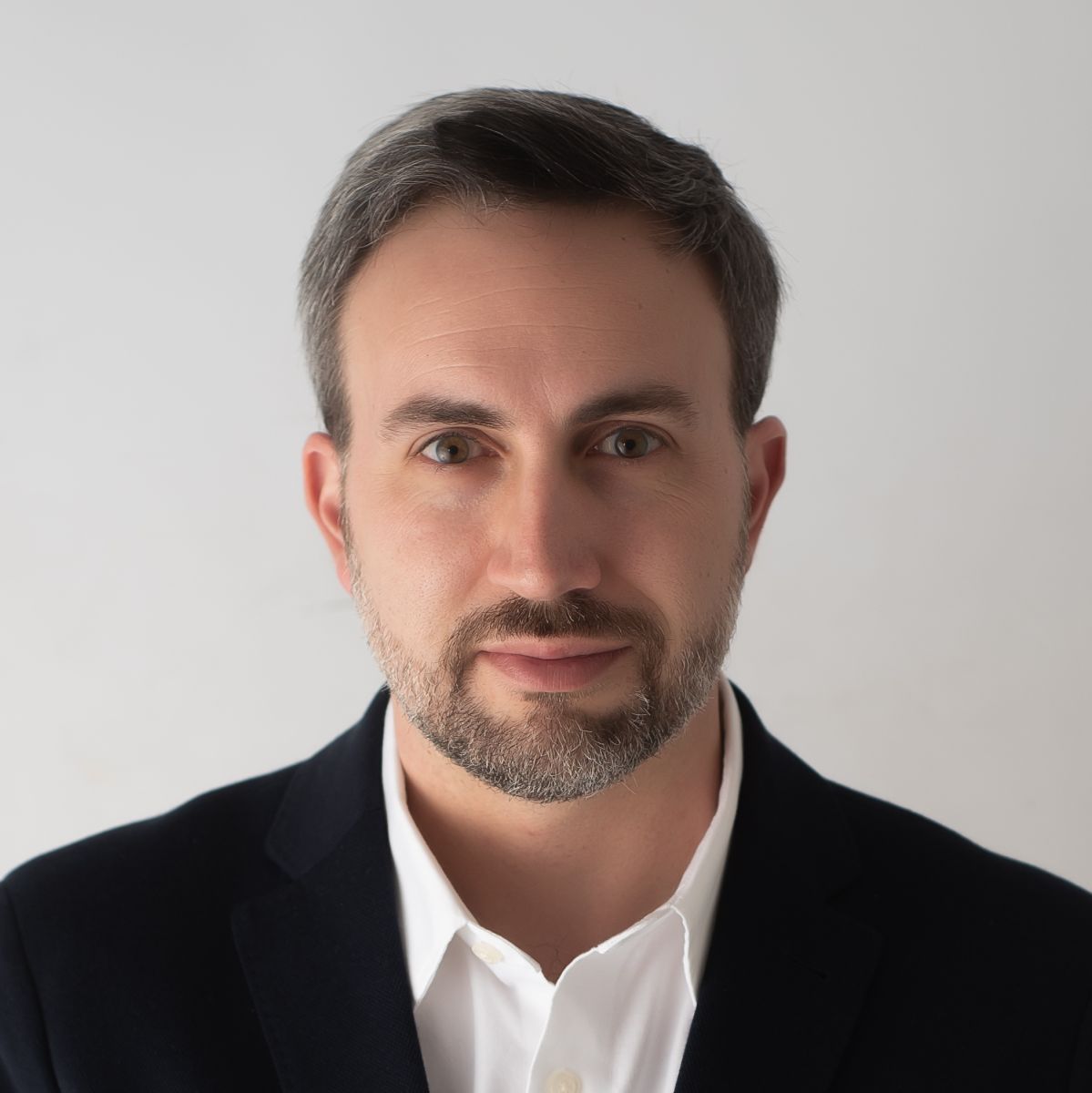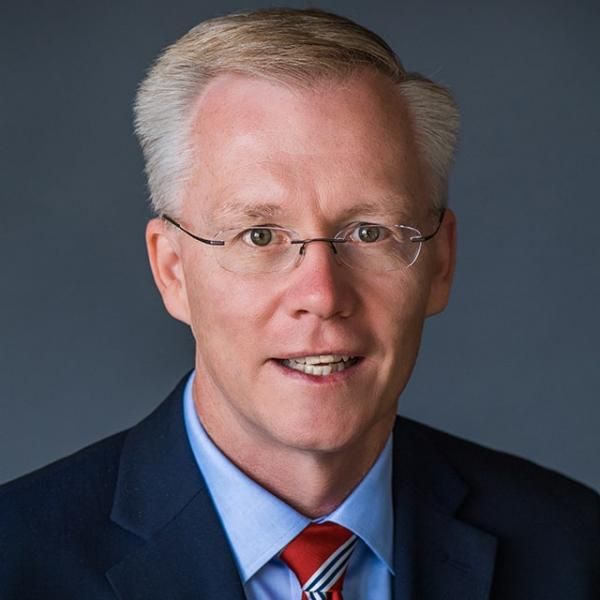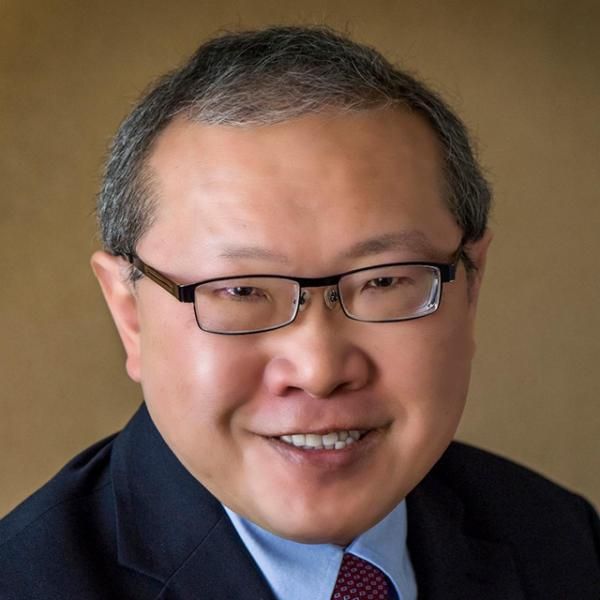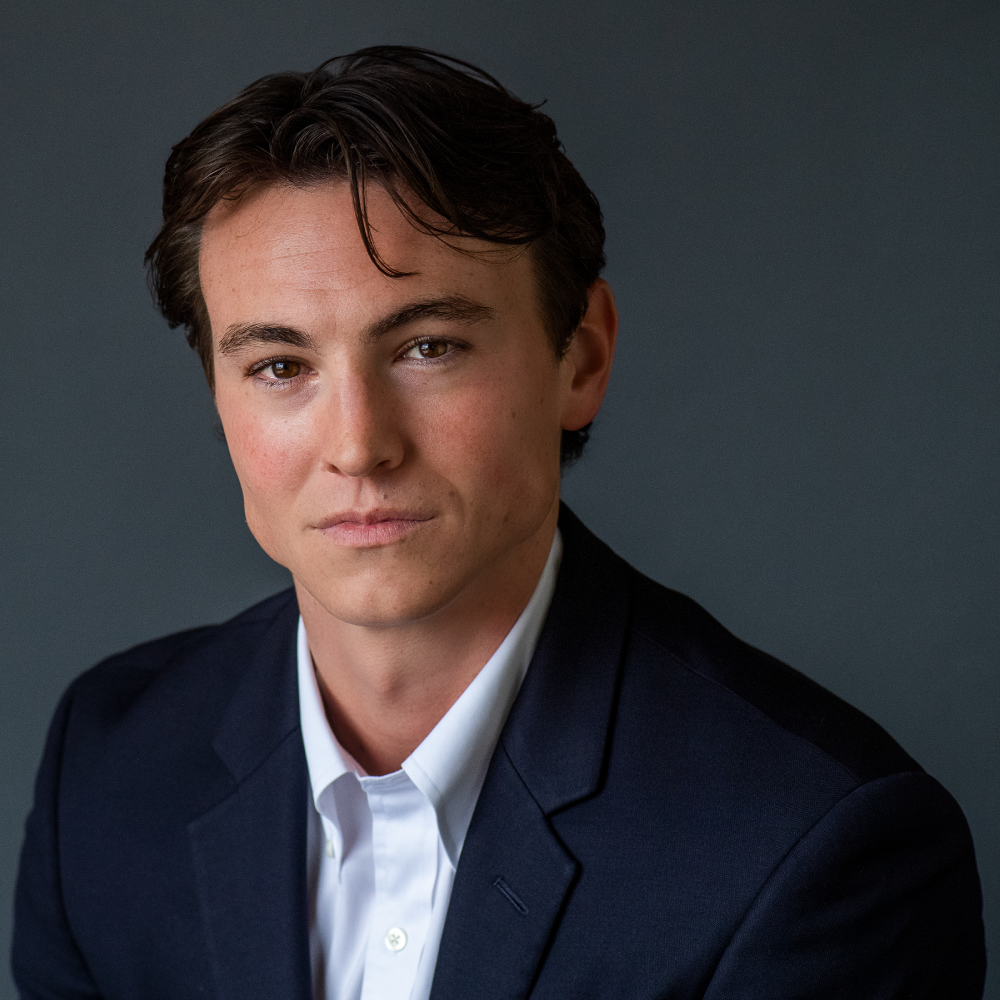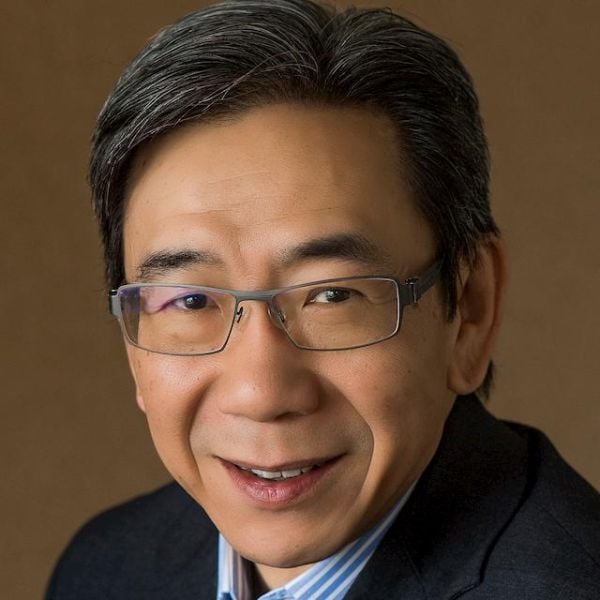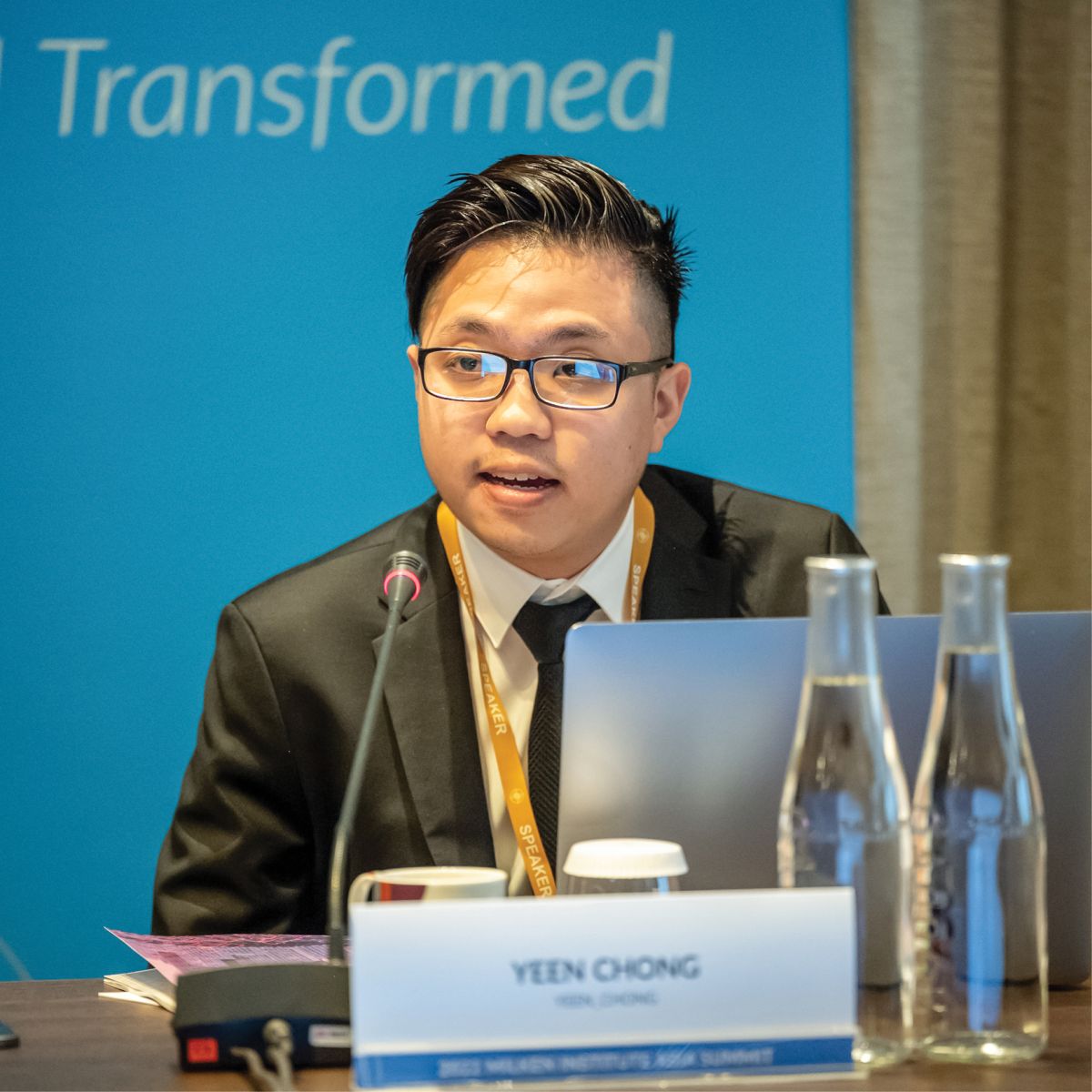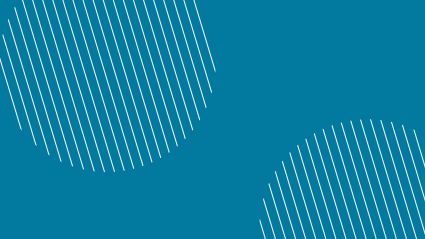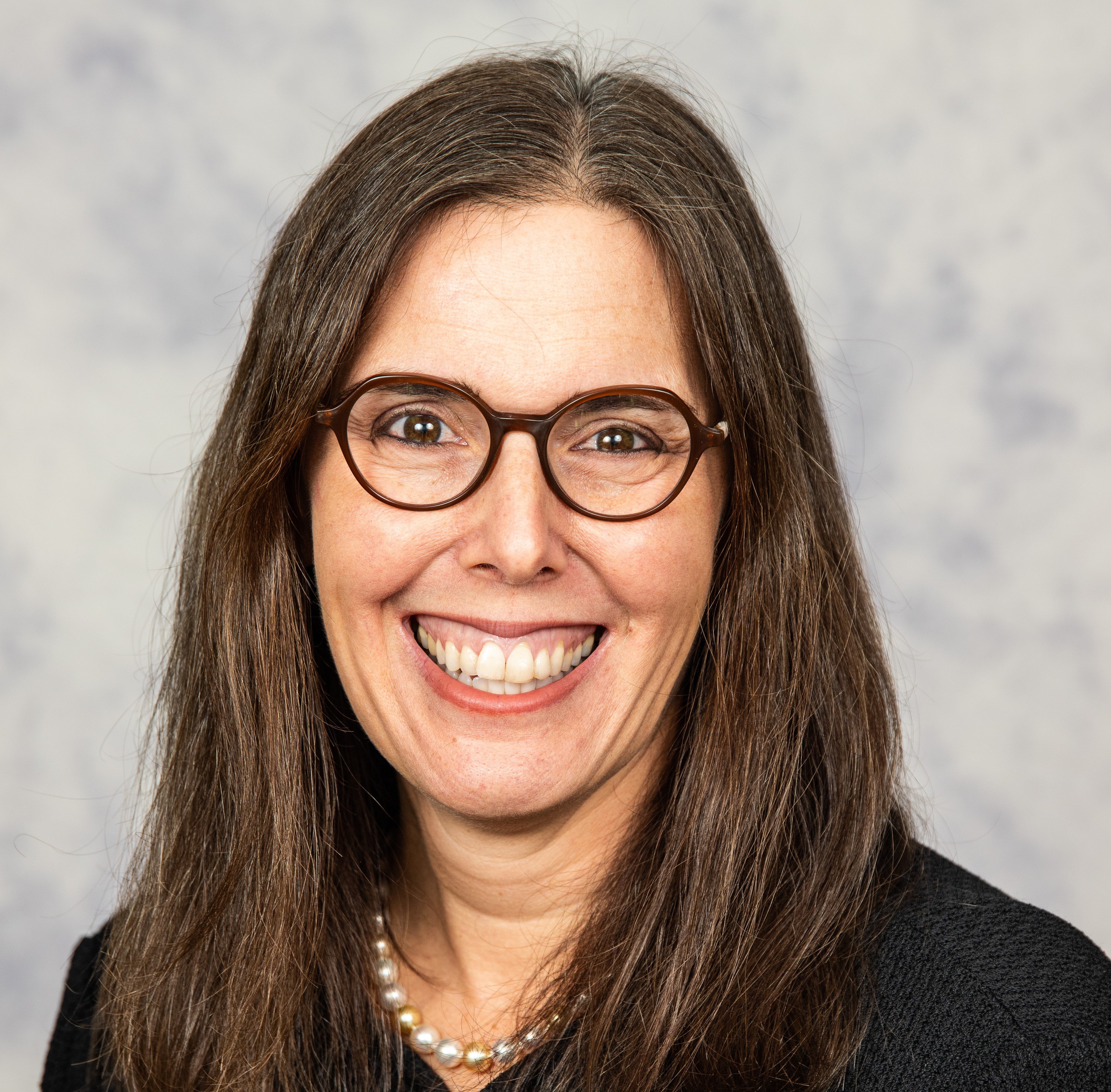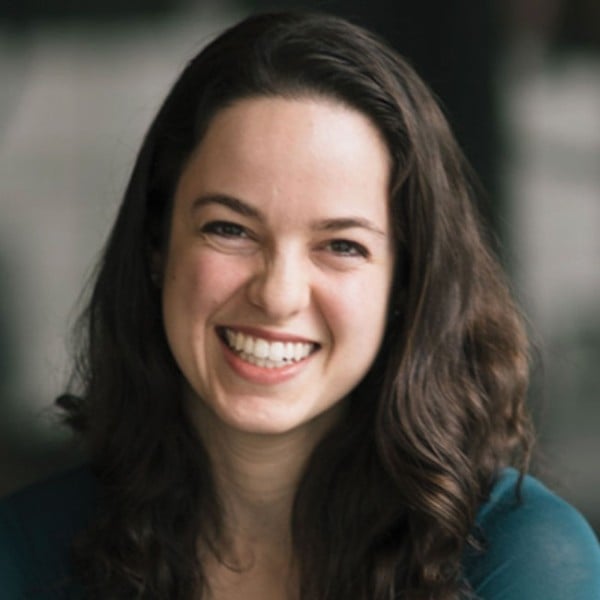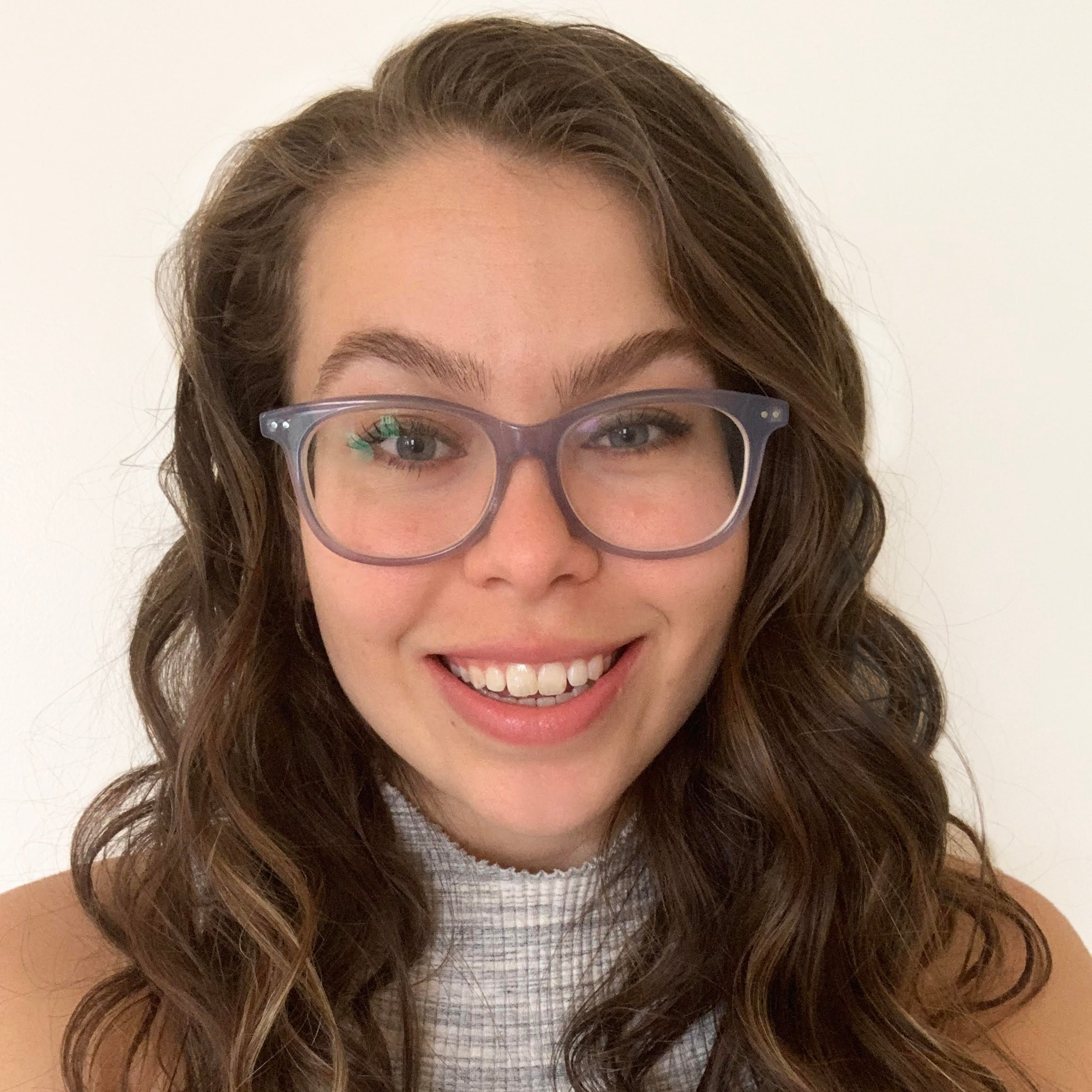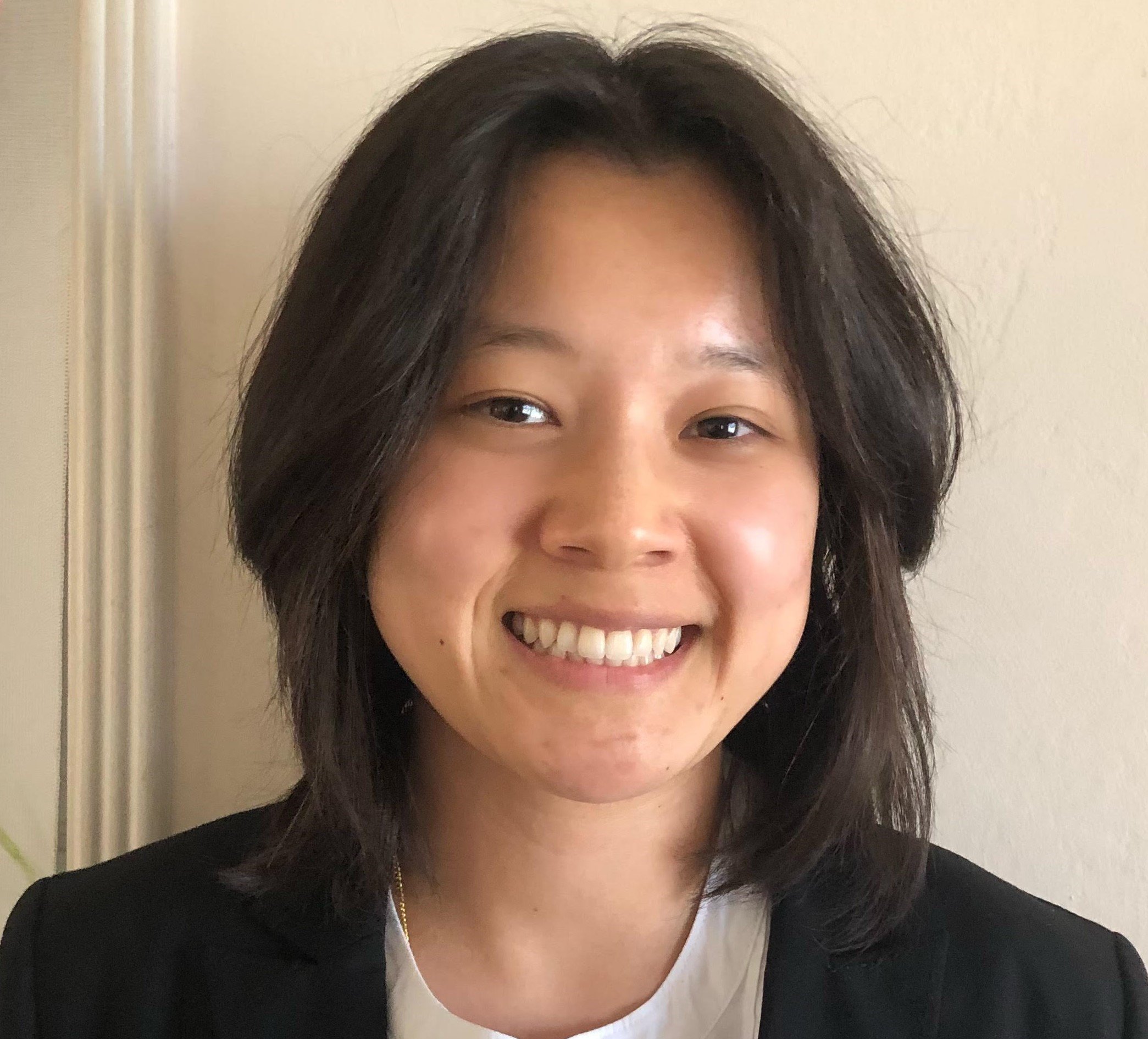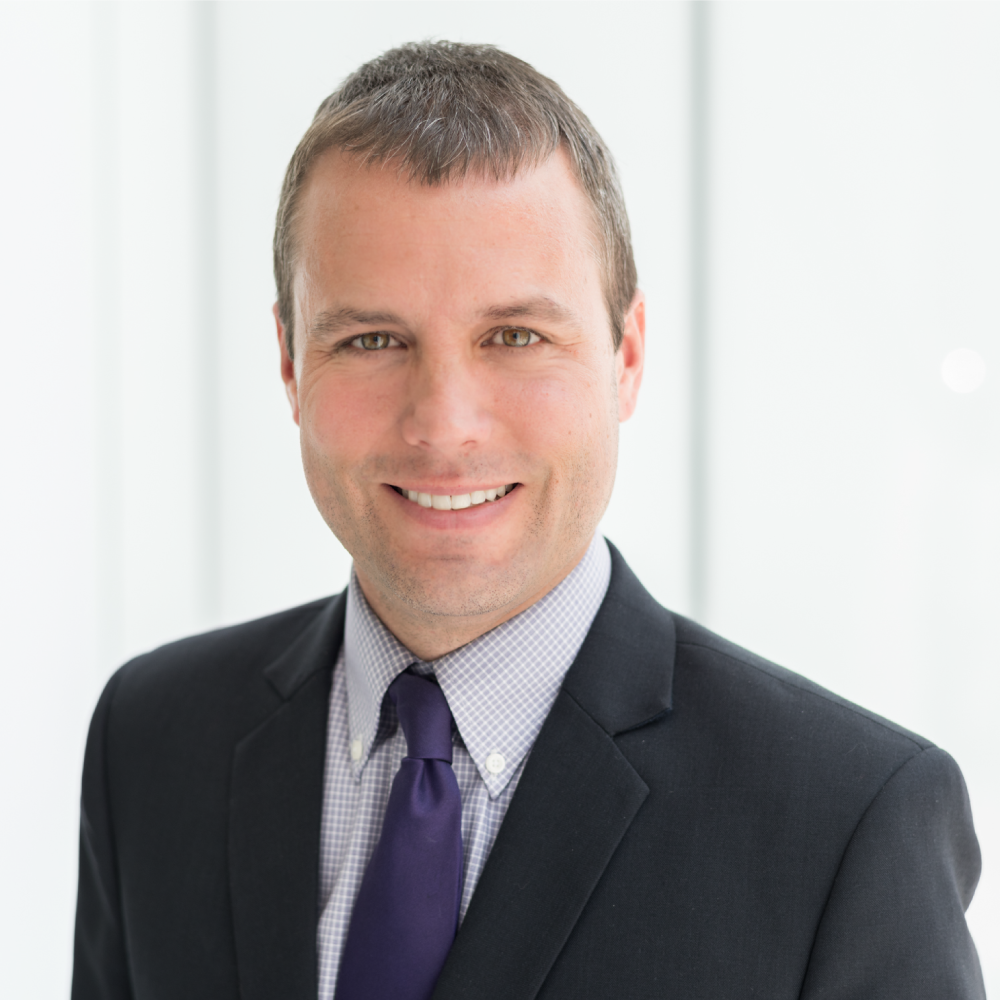
In Akan, the most widely spoken language in Ghana, daakye means future. It is an apt name, therefore, for the Daakye bond program, which invests in Ghana’s future leaders through securitizing future government tax flows. Established in 2020 as part of a 10-year, GHS 9 billion (about US$1.5 billion) funding strategy, the Daakye program has raised GHS 2.4 billion (about US$390 million) for the national education system so far. Since it has done so without issuing traditional government debt—and without donor support—it offers an attractive model for other countries seeking to finance large-scale development projects that advance the Sustainable Development Goals (SDGs) without introducing new fiscal pressures.
This case study provides a deep dive into the Daakye structure and the lessons learned from this innovative financing approach. The study is organized into six parts. First, the study presents an overview of the Daakye securitization’s structure and issuances to date. Second, the study describes the steps the government undertook to establish the Daakye program and the key private-sector institutions involved. Third, the study examines the key features of the structure that attracted investors. Fourth, the study examines a prior government securitization, the Energy Sector Levy Act (ESLA) program, which served as a model for the Daakye bond program. Fifth, the study includes a discussion of the fiscal policy implications of securitizing future government tax flows. Finally, the report offers five lessons from Ghana’s experience that could help inform other emerging-market governments seeking to develop similar funding mechanisms.
